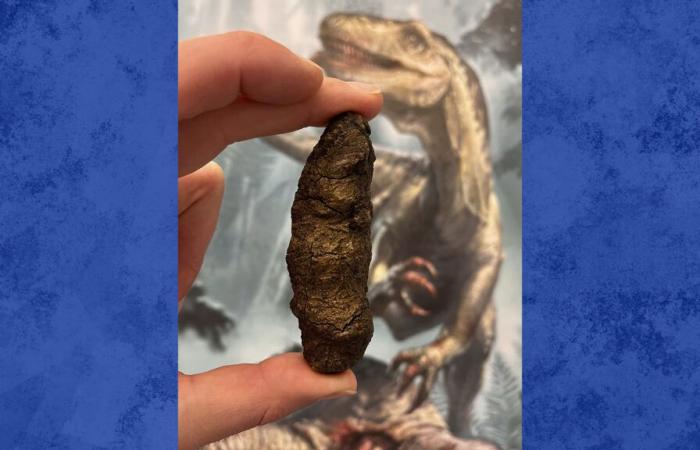Researchers aren’t sure whether the rise of dinosaurs over 30 million years was due to luck, skill, climate, or a combination of both. But they became certain: “It wasn’t a sudden thing,” said Martin Qvarnström, co-author of the study at Uppsala University.
The new study, published Wednesday in the journal Natureanalyzed hundreds of dinosaur droppings to determine who ate who 200 million years ago.
According to Qvarnström, the first dinosaurs were opportunists who ate whatever they could, including insects, fish and plants.
When climatic conditions changed, they adapted quickly. Plant-eating dinosaurs, for example, ate a wider variety of green vegetables than other vegetarians of the time, so it was easier to expand their palates when wetter conditions gave rise to new species of plants.
With the study’s findings limited to Polish fossils, Qvarnström would like to see whether their ideas hold up against the fossil record from around the world.
According to Emma Dunne, a paleobiologist at the University of Erlangen-Nuremberg, it’s not uncommon for scientists to study ancient feces to understand creatures of the past. But fossilized feces can look like spots or pieces of rock, and they aren’t always found near fossils of the animal that produced them, making it difficult for scientists to know where they came from.
In this study, researchers found fish scales, insect pieces, and bone fragments nestled in the feces.
“This is a very inconspicuous, very ordinary part of the environment,” said Ms. Dunne, who was not involved in the new study. But they contain so much delicate and precise information.”






